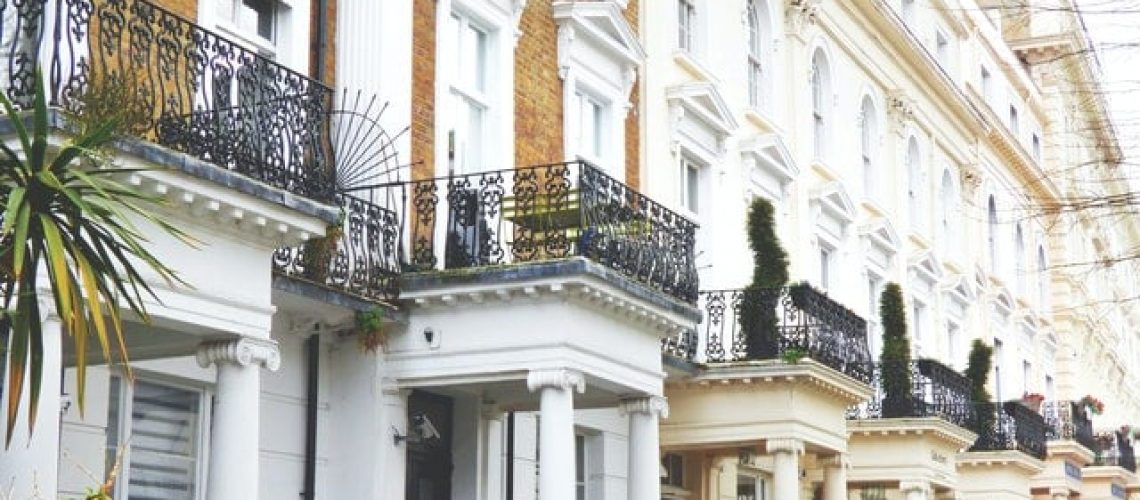If you earn money the taxman is going to want his share – and, as an individual, you have a responsibility to tell him about your income by doing a tax return. But what exactly is your responsibility? Are you liable to do landlord tax returns on your property income? Here are five useful points about being taxed on your rental income:
Know your allowances
1 Everyone has a property allowance – the first £1000pa of your income from property rentals is tax-free. If your allowable expenses are less than £1000 then you can claim £1000 instead! But you can’t claim £1000 plus loads of expenses – you either claim the allowance or you claim the expenses! If your total rental income before allowances or expenses is £1000 or less then you don’t need to do a tax return.
Self-assessment
2 If your profit from property is over £1,000pa (ie rental income less allowable expenses) or £10,000pa or more before allowable expenses, then you must report it on a self-assessment tax return. Note even if you don’t have a tax bill, you have a responsibility to register with HMRC and do a tax return.
Making Tax Digital
3 From April 2024, if your income from property before allowable expenses is £10,000pa or more, then you must report your property income and expenses quarterly under MTD ITSA – or the Making Tax Digital for Income Tax Self-Assessment rules. See our MTD ITSA blog articles about this!
Joint ownership
4 For jointly owned property, each part owner has a responsibility to report their share of the income on a tax return, subject to point 2. HMRC’s approach is to tax each part owner equally, unless HMRC have agreed to tax the income unequally.
Unequal tax
5 It can be very useful and save tax to have your property income taxed unequally, normally with your spouse. There is a form to send to HMRC for the income to be taxed unequally. Ask for more information.
With our help, landlord tax returns don’t have to be taxing – please get in touch if you need our help.







